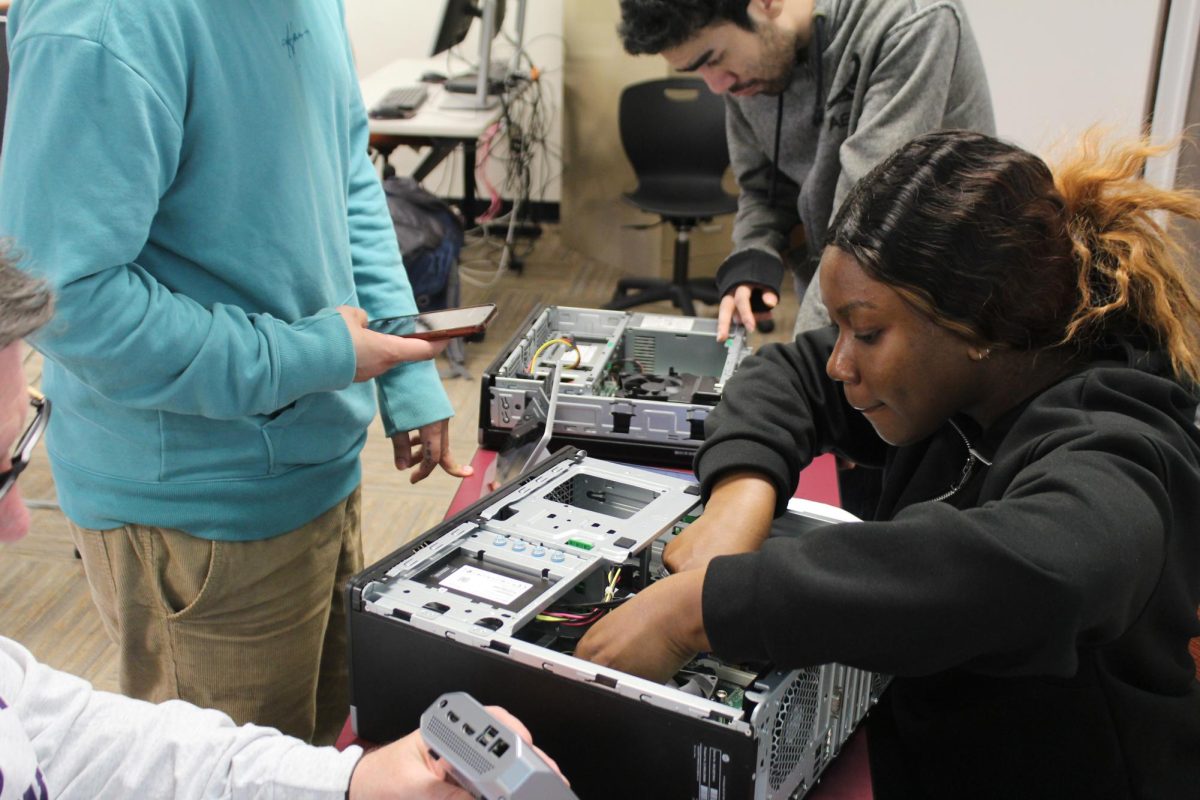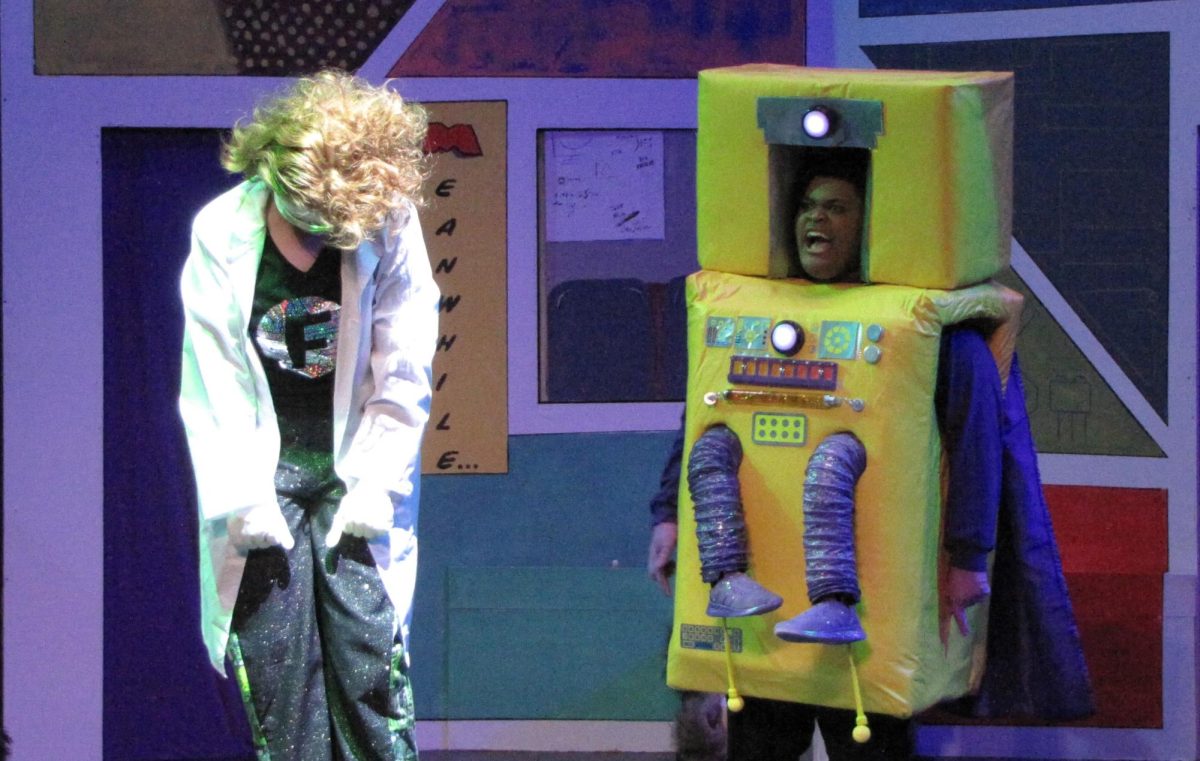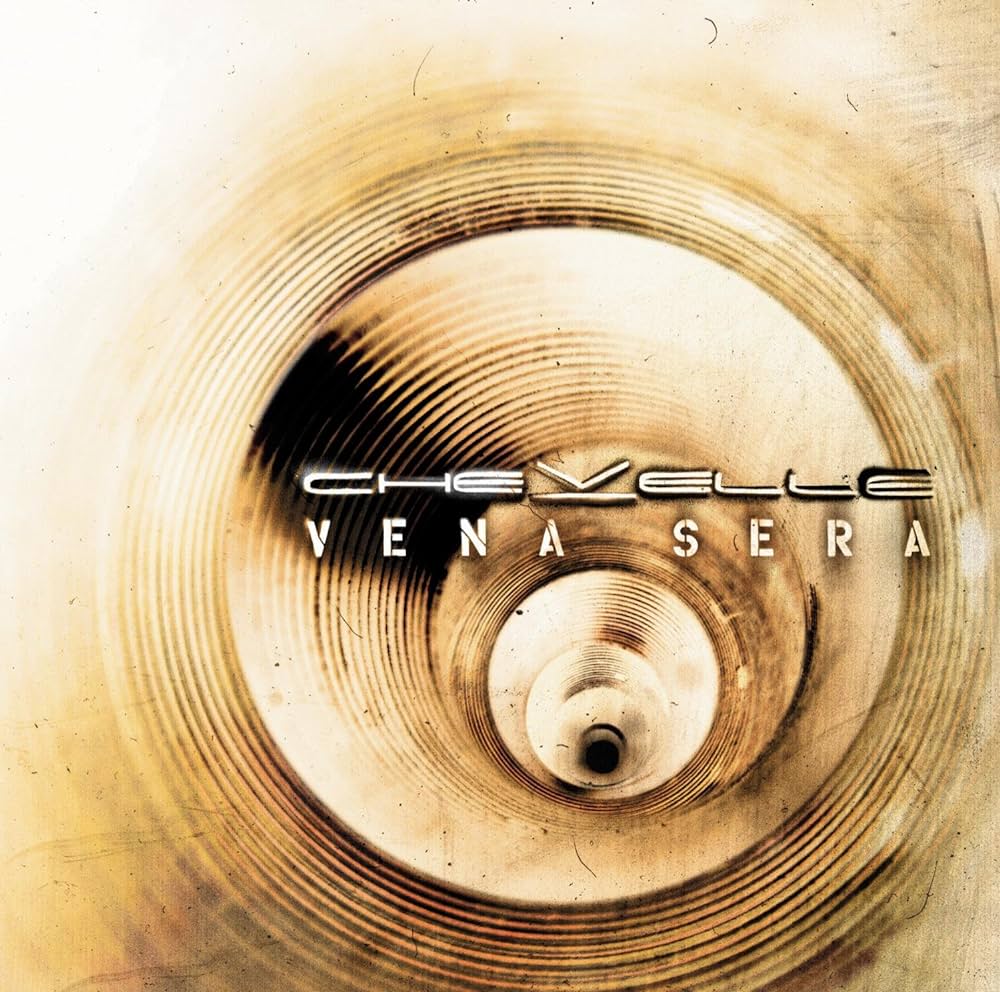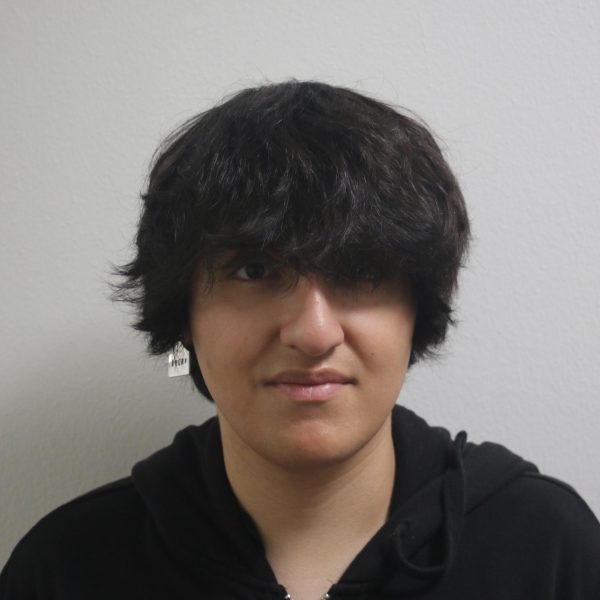Wafer-thin computer boards are piled up in boxes. They’re dusted clean by hands that inspect the alien machinery’s intricacies, as cybersecurity major Jason Addelean searches for the best angle to fit the puzzle piece back into a computer tower.
In L-331, computer science instructor Pamela Hartley brings in old computers and has her students act as tech support agents. She instructs them to take apart the machines and diagnose unspecified issues.
“It’s all hands-on,” Addelean said. “Even when you’re not familiar, this class helps you understand computers — not through pictures.”
The motherboard, processor and components are fossils to the student, but the manner in which these metal parts function matches their modern variants.
Addelan excels in a hands-on environment. During his teenage years, he learned how to troubleshoot his own machines, and eventually began fixing car and boat engines. His magnum opus was a 1956 Yamaha boat engine. The machine would run for a minute before shorting out, prompting Addelean to take it apart.
“You start simple, work your way up, see what works,” Addelean said.
He started with the carburetor and discovered rust in the compartment, but the rust went deeper. Taking apart the engine block further, he narrowed the issue down to faulty pistons.
Since there were no half-century-old manuals present, Addelean was working blind. Using his knowledge from prior experience with engines eventually, the young technician brought the engine back to life.
“If you know how a simple engine works, you can figure out how more complex engines work,” Addelean said.
There’s no room for hesitation in Hartley’s class. Several times throughout the demonstration, Hartley encouraged her students to look deeper into the unfamiliar machines.
“You’re always going to break something, fix something, find out something else is wrong,” Addelean said.
When Addelean’s group worked on a laptop, it would boot onto an emergency screen. They assumed there was a problem with the operating system; an inspection sourced the problem to a torn power cord.
Sometimes, telling the customer to change their computer is also a valid option.
Information technology major Richard Abelar turned to building his own computer when his old one couldn’t keep up with beefier games.
His first machine building experience was a trial and error job. After figuring out how to connect the components with one another, he finally finished his hobby-defining creation.
“It wasn’t too bad,” Abelar said. “The only thing I was scared about was electrostatic discharge where, if I touch it, it kills the whole PC and then my money goes to waste.”
Building computers directed Abelar’s career path into Hartley’s class, where he and his classmates compared machines. Their assignment involved helping a customer upgrade their computer with the provided parts.
Although Abelar was working with older tech, he was eager to help his classmates fit parts together. The lack of electrocution risk helped.
“Over the years, companies have made machines more home friendly,” Abelar said. “People can now start touching the hardware and not accidentally destroy it.”
Many times during that day’s lesson, Abelar scrolled through several tech forums while his classmates inspected machine parts.
“I’ll leave it to my gut,” Abelar said. “If my gut doesn’t work, then that’s where I start going online.”
Every once in a while, Abelar makes himself get off his phone. He worries about becoming too dependent on tech support forums, but can count on enlightening himself with the computers Hartley brings in.
Cybersecurity major Gabriel Escobedo and his group chatter amongst themselves about a dissected computer. Its electronic entrails are scattered throughout the table, picked up and inserted back into the machine with surgical precision.
The components fit in like puzzle pieces, all the while the students wait anxiously to see whether or not the machine will turn on.
“The motherboard might as well be the heart,” Escobedo said. “This is like being a computer doctor.”
Escobedo treats computer repair like surgery. Issues are rarely isolated and throughout the lesson, he found himself cutting below the surface to triangulate a laptop’s boot issue.
“There’s a lot of variables, but we have to pin them down,” Escobedo said.
Sometimes Escobedo’s group got stumped, prompting Hartley to jump into a discussion with them. She doesn’t give them direct answers but rather guides them to new places for potential technical issues.
To Escobedo, this is the kind of lesson he needs – an instruction booklet is not within his workflow.
“At some companies, they will tell you to do this. They will tell you to do that,” he said. “You lose me that way.”
Hartley’s class was his big break after a streak of classes that didn’t match his style.
“At first, I felt I wouldn’t measure up,” Escobedo said. “College, in my mind, is so prestigious and only the best can get in. In here, it’s not as bad as I thought.”
Escobedo started when the computer had problems booting. After that, he dug into its components without hesitation, knowing that the issue wouldn’t diagnose itself.
Throughout the instruction, Escobedo carried on the tech support conversation amongst his peers. They quickly arrived to the conclusion that the computer wasn’t receiving enough wattage.
Usually, not every class produces a solution, but students such as Escobedo and Addelean come closer to fixing a machine, getting better at optimizing the problem.
“All this is her,” Escobedo said, indicating Hartley. “She’s the reason why we learn this way.”










